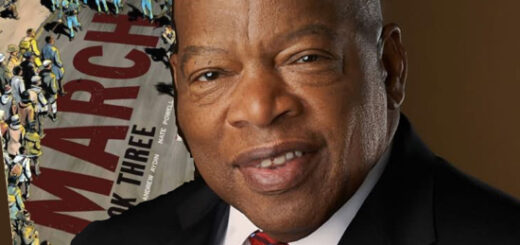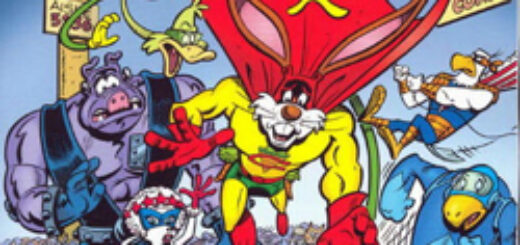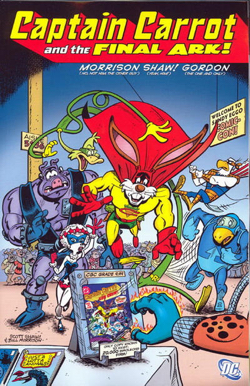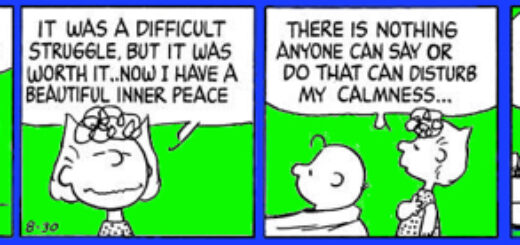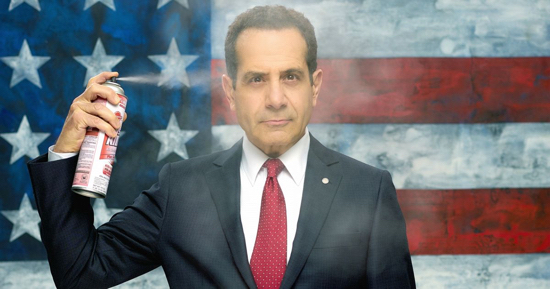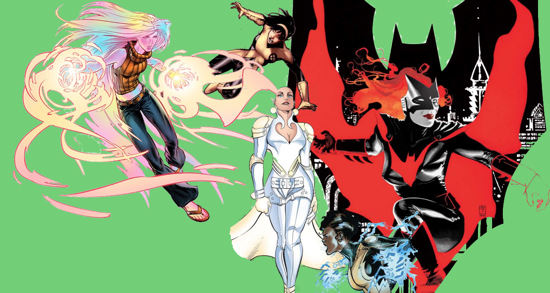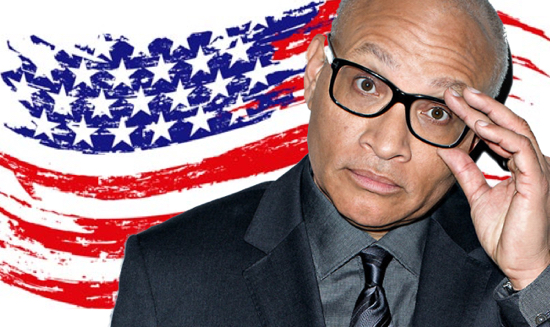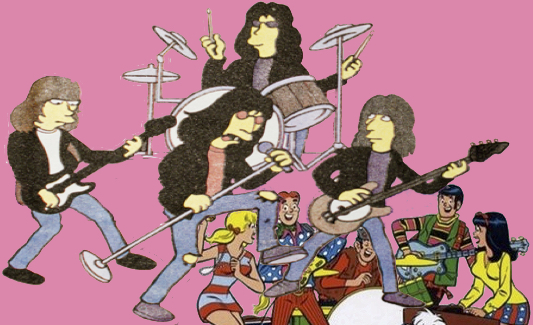Martha Thomases: Who Is Batman’s Accountant?
Sometimes I think the most difficult job in the DC Universe is Bruce Wayne’s accountant.
Bruce Wayne doesn’t go to H & R Block. Who takes care of him?
I mean, I assume that all the Wayne businesses, including WayneCorp and the Wayne Foundation, use one firm, and the person who does Bruce’s personal tax returns is part of that firm. Or there are accountants and tax lawyers who work directly for the company, and one of them is assigned to Bruce. Whatever the arrangement, one hopes that they strive for an impeccable separation of business, philanthropy, and personal finances.
Because if they don’t, it’s sloppy, mistakes get made, and the public gets bilked.
Bruce rarely seems interested or involved in his corporate financials. The Nolan movies established that Lucius Fox uses an unobtrusive division of WayneCorp to develop various Bat-tech under the guise of government military research. Those expenses won’t show up on Bruce’s tax forms.
Bruce is extremely interested and involved in Wayne Foundation charities. He is often shown to be an active donor and fund-raiser. Almost as frequently, he is shown learning about the potential recipients of his charity, studying how to best help them. He does this so often that it seems unlikely that anyone would connect his generous impulses in general to the innocent victims of Batman’s specific activities.
Neither his corporation nor his charities would raise tax questions. I’m thinking about his personal tax returns. All the equipment deliveries to the Manor. All the repairs after on-site fights. Even the medical supplies that Alfred keeps on hand. All of these things leave a paper trail, the kind that the IRS wants to know about.
My tax returns aren’t as complicated as I imagine Bruce Wayne’s to be, but they do stack up to be several inches tall. I know that I need to have receipts and more on hand. I can’t believe that Bruce (or, more likely, Alfred) doesn’t have file cabinets and/or hard drives full of the stuff.
Bruce Wayne needs to hire the best possible people to take care of his taxes. His wealthy playboy persona demands it. And I do believe that because he’s Batman, he would only hire the most ethical. And smart, honest accountants ask a lot of questions. And they want to see receipts.
I don’t believe Batman is trying to cheat the federal government. Bruce Wayne is not using his position to amass personal power. He’s not on the ballot. His taxes are none of my business.
But I’d like to hire his accountant.





